Konkan belt expected to become next major hub for natural rubber production
The Konkan belt in Maharashtra is expected to become the next major hub for natural rubber production due to its favorable climate and soil conditions, after the North-East.
According to Shashi Singh, President of All India Rubber Industries Association, the area under natural rubber cultivation in Maharashtra has steadily increased from 2,090 hectares in 2013-14 to 2,740 hectares in 2021-22. He stated, the average yield per hectare is expected to be 1,482 kg, during 2022-23.
Job Opportunities
However, unlike Kerala and Tripura, Maharashtra’s natural rubber sector is still in its early stages, with plenty of room for expansion. Adding more non-traditional states for rubber plantations will help India become self-sufficient, he stated.
Also Read | Rubber Board launch campaign to reform RPSs with youngsters’ involvement
He stated that with concerted efforts, natural rubber cultivation in the Konkan belt has the potential to strengthen the local economy and create significant job opportunities.
“Maharashtra’s Konkan belt stands out as an exceptionally promising region, poised to emerge as a significant center for NR production after the success of the North-East. With its favorable climate and fertile soil, it provides an ideal setting for high-quality rubber cultivation. “We see great potential for long-term growth by leveraging local expertise and infrastructure,” he stated.
Close the demand-supply gap
However, Maharashtra lacks state-level subsidies comparable to those found in Kerala. He argued that incentivizing farmers through schemes and subsidies would reduce the initial financial burden and catalyze rapid expansion in rubber cultivation.
The potential advantages of NR cultivation in the region are numerous. It diversifies Konkan’s agricultural landscape, which has traditionally been known for crops such as rice, mangoes, and coconuts, while also significantly improving economic resilience. Furthermore, increased natural rubber production could help close the demand-supply gap, reducing the need for expensive natural rubber imports, he said.
Also Read | GM rubber plants will be tested in a small area at Guwahati – RRII
Singh emphasized the importance of collaborative efforts between major tyre companies and rubber industry stakeholders to increase production. With the right combination of government support, private sector involvement, and farmer empowerment, the initiative has the potential to boost local economies and create jobs while also establishing Maharashtra as a major player in the natural rubber industry.
Rubber Board officials have launched a subsidy scheme under the Natural Rubber Mission to promote farming in non-traditional regions in Karnataka and Ratnagiri in Maharashtra. The scheme offers a subsidy of ₹50,000 per hectare to encourage planting.

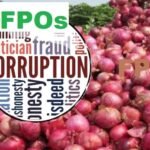
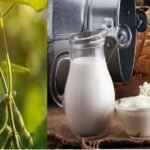



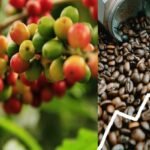
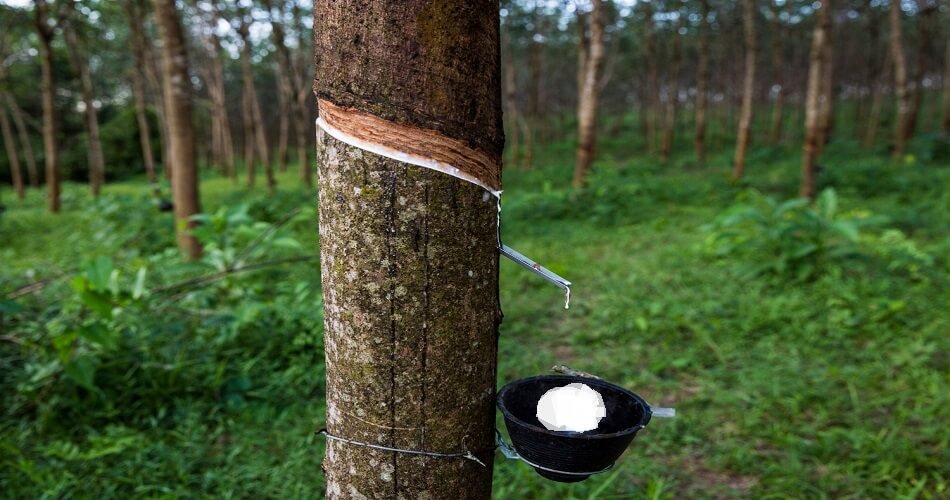


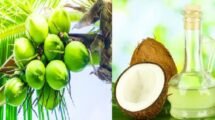
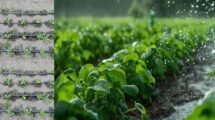






Add Comment